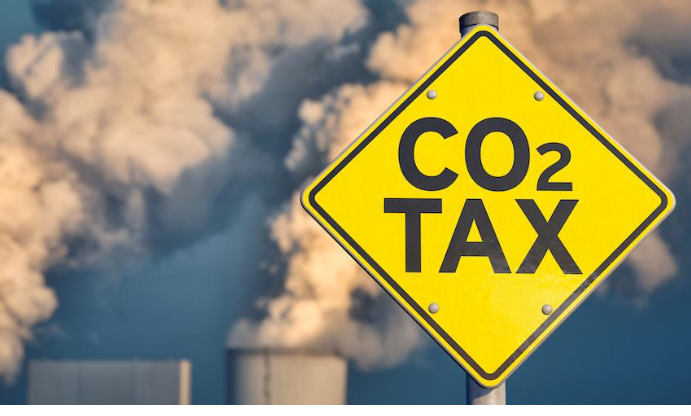The European Union’s major trading partners, including Türkiye, will be impacted by the bloc’s carbon tax, experts have said.
The competition will intensify for the nations which are slow in preparations to comply with the carbon tax regulations, such as Türkiye, China, India, the U.S., the U.K. and Canada, they warned.
Brussels’s carbon border adjustment mechanism (CBAM) is set to enter into force as of Oct. 1. The mechanism aims at encouraging cleaner industrial production in non-EU countries in a number of key industries.
Türkiye is one of the major trading partners of the EU. The country’s exports to the bloc are nearly 96 billion euros, and the carbon tax policy is particularly important for Türkiye’s cement and steel sectors.
“The CBAM is forcing countries that export steel, aluminum, cement, fertilizers, hydrogen and electricity to the EU to reduce emissions. Türkiye is one of those nations,” said Ahmet Atıl Aşıcı from Istanbul Technical University’s Department of Management Engineering.
Aşıcı recalled that Türkiye ratified the Paris Agreement in 2021 and pledged to have net-zero carbon emissions by 2053.
Türkiye can shut down all thermal power plants by 2035 without putting energy supply security at risk, according to Aşıcı.
Türkiye has been making preparations for years against the possibility of the introduction of the carbon tax and this should alleviate the financial impact of the tax on the country, said Fabio Passaro at Climate Bonds Initiative.
The carbon tax will have a direct impact on several industries, such as steel and cement, as well as countries such as Türkiye, the Middle Eastern and Northern African Nations, Russia and Morocco, according to Jingwei Jei at Sustainable Fitch ESG.
Follow our English language YouTube videos @ REAL TURKEY: https://www.youtube.com/channel/UCKpFJB4GFiNkhmpVZQ_d9Rg
And content at Twitter: @AtillaEng
Facebook: https://www.facebook.com/realturkeychannel
